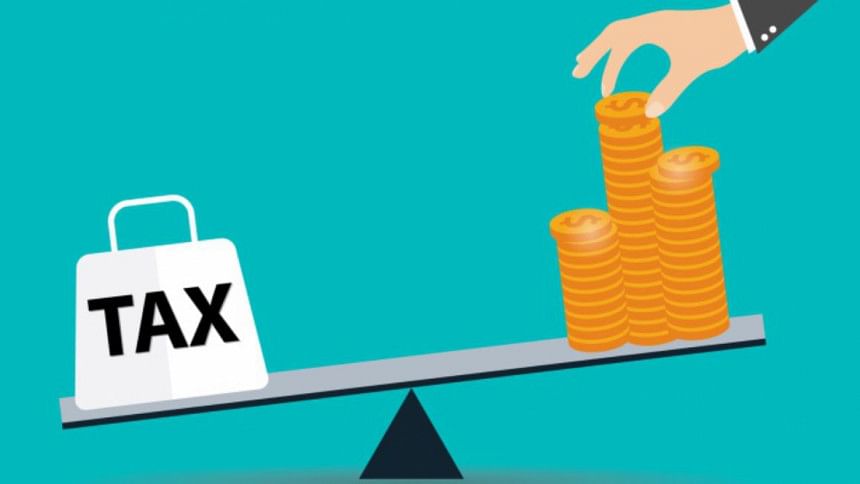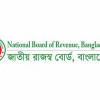FM's call to generate revenue

One can justifiably expect a lot from our newly inducted finance minister, for he is a chartered accountant by training, a seasoned politician with the experience of holding important public offices, and a successful businessman—a combination that makes him well suited for his new job. He has lost no time in outlining his priorities as finance minister, and one of those is raising tax revenue to meet public expenditure. While speaking to officials, he underscored the importance of expanding the tax base and recruitment of adequate personnel for generating more revenue.
A pertinent question is, shall we stick to the old-fashioned fiscal theory that income tax rates must be increased to provide higher revenues to the state? The modern fiscal theory that is pursued by many developed countries is to increase revenue not by increasing income tax rates, but by increasing income and expanding the tax base. In other words, tax revenues must be made self-generating. Viewed in this light, the new finance minister's direction to broaden the tax base is a step in the right direction.
It is perhaps relevant to recall that the method of eradicating inequalities by giddy levels of taxation involves levelling down. The modern fiscal method aims at levelling up and uses rapid economic growth as an instrument for reduction of economic inequalities. A steeply progressive corporate and personal income tax system often results in large-scale tax evasion and economic stagnation. This was the experience of post-World War II Germany.
Faced with mounting public expenditure, the German government made tax reduction the first step in its fiscal policy. The lowering of the tax rates benefitted the small taxpayers as well as large enterprises. Generous tax exemptions were given to individuals and firms who saved and invested funds in capital goods and housing.
In our situation, we have to admit that ensuring social justice should be the most important goal of taxation. The problem that we face is reconciling the objective of social justice with the need for providing fiscal stimulus to promote economic goals. In other words, the ideology of taxation is broadly based on the considerations of raising revenue and bringing about certain economic and social results.
It is a truism that taxes, like water, have a tendency to find the lowest level. In the final analysis, almost all taxes hit the common man. Therefore, while levying taxes, we would do well to ensure that the tax is equitable and fair for the different classes of society. The convenience of the taxpayers needs to be ensured by not making the taxes complicated and cumbersome. The government has to economise and levy only the minimum tax which is necessary for the national good. Simultaneously, the laws imposing taxes must be clearly and precisely worded so that the common man can understand exactly what burden is he expected to bear.
The objective of the nation's basic economic policy should be to foster and lead continued growth in desired directions. In this context, private investment assumes a crucial role; and private saving has an even greater role to play since a considerable part of public investment itself is financed through a draft on private savings. Therefore, a central objective of the tax policy in Bangladesh must be to promote the highest possible rate of private saving in the country.
A distinctive feature of an economy that fosters enterprise and promotes savings and investment is a reasonably low tax structure. There is no doubt that rewards have to be shared but first they have to be earned; wealth must be distributed but first it has to be created. Only good management, hard work and initiative on the part of the people can accomplish the end. The government's function should be to offer incentives and create a climate in which these qualities are encouraged, cultivated and brought to mellow fruitfulness.
In China, there has been a policy to implement tax cuts for small and micro-level enterprises with a view to mainly supporting employment. Policymakers there are of the view that developing and strengthening small companies can contribute to economic stability and greater income and employment generation. To a large extent, this is expected to expand the tax base, conserve tax resources and ultimately help with mass employment, corporate profits and fiscal revenues.
On the issue of tax cuts, the view that tax rates in Bangladesh cannot be reduced because of the widespread tax evasion is comparable with the observation that one should not go into water until one has learnt to swim.
Tax evasion is reprehensible because it is social injustice by the evader to his fellow citizens. Arbitrary or excessive taxation is equally reprehensible because it is social injustice by the government to the people. Tax evasion aggravates arbitrary taxation; and arbitrary taxation aggravates tax evasion. To break this vicious cycle, we must at once take initiatives to check tax evasion and stop arbitrary taxation.
Muhammad Nurul Huda is a former IGP.










Comments